In Short
Building business credit takes time, typically months and years. It depends on several factors, like how frequently you open credit accounts, report payments etc. The sooner you start, the sooner you can see results. Get started now.
Business Credit Basics
- What is business credit?
Business credit is a credit profile tied to your company (via its legal identity, such as an EIN). It shows how reliably your business meets its obligations. This profile is manly for investors, suppliers, and partners to assess risk. - Why it matters:
A Strong business credit allows you to get better options, favorable terms, ability to negotiate with suppliers, and separate personal and business liabilities. - Credit bureaus & reporting:
To build credit, your business transactions (e.g., vendor payments, credit card usage) have to be duly reported to credit reporting agencies like Dun & Bradstreet, Experian Business, and Equifax.
2. Factors Influencing the Business Credit Timeline
| Factor | Impact |
| Business age & legal structure | Corporations/LLCs are favorably over solo business meaning having your business formally registered from day one helps. |
| How many trade lines / accounts you open & their reporting | If more accounts like vendors, suppliers, credit cards report positive payment history you will build credit faster. |
| Payment consistency and timeliness | Late payments slow down or even damage your credit. |
| Credit utilization and existing debt | Low utilization supports faster growth. |
| Frequency and quality of reporting | Make sure to report when you make payments on time, credit won’t build if your lenders/vendors don’t report to major bureaus. |
| Errors, disputes, and negative marks | Monitoring and correcting mistakes is key. |
Ready To Improve Your Financial Standing? Lets get you on board!

3. Typical Business Credit Timeframes and Milestones
While there’s no concrete timeline, here are commonly cited benchmarks:
| Time Period | Milestones / What to Expect |
| 0–3 months | You register your business legally, get an EIN, open a business bank account, and start applying for vendor accounts that report. |
| 3–6 months | Some initial activity may start being reflected in your credit file if reporting vendors and credit cards are active. Some sources note you can begin to see a basic credit presence. |
| 6–12 months | Many businesses begin to establish a modest credit history. During this period, you can open small lines of credit and begin to qualify for better terms. |
| 1–2 years | You may qualify for larger credit lines, better loan terms, and more trust from lenders. Your credit profile begins to mature. |
| 2+ years | At this stage, assuming consistent performance, your business credit can be considered “established” and strong—leading to lower interest rates and more favorable access to capital. |
To summarize, you can estimate 6 to 12 months as a baseline to establish some credit, and 1–3 years to fully mature a strong profile.
4. Proven Strategies for Improving Your Business Credit (Faster)
Here are actionable steps you can take to accelerate the building of your business credit:
- Incorporate / Choose a formal business structure
Convert to LLC, corporation, or equivalent to create separation from personal credit. - Obtain an EIN and open a business bank account
These are foundational identifiers and gateways for financial relationships. - Register with credit bureaus / get identifiers
For example, request a D-U-N-S number from Dun & Bradstreet to begin your file. - Use credit accounts (cards, vendor accounts) that report
Seek vendors or suppliers that extend trade credit (net-30, net terms) and ensure they report your payment history. - Pay early or on time always
Payment history is among the most heavily weighted factors. Even one late payment can hurt momentum. - Maintain low credit utilization
Aim to use only a small fraction of your available credit to show you can manage debt responsibly. - Diversify types of credit
If possible, combine vendor credit, business credit cards, small loans to show a healthy mix. - Monitor your reports and correct errors
Regularly check your credit files at major bureaus, dispute inaccuracies, and ensure business information is up to date. - Choose lenders / vendors that report
Before taking credit, ask whether the company reports to the credit agencies. If not, you won’t benefit.
By consistently applying these habits, you can speed up your credit building.
Ready To Improve Your Financial Standing? Lets get you on board!
5. Common Mistakes That Delay Business Credit Building
- Using vendors or lenders that don’t report
Paying on time doesn’t matter if it’s never reported — it offers no credit-building value. - Late payments or missed payments
These damage your credit and can set you backwards. - High credit utilization
Maxing out accounts suggests poor credit discipline. - Neglecting to monitor or dispute errors
Incorrect data or identity mix-ups can drag progress for months if ignored. - Mixing personal and business finances
Makes it harder to maintain a clear business credit identity. - Changing business structure or identity frequently
Re-registering or restructuring often may reset or confuse credit attribution

